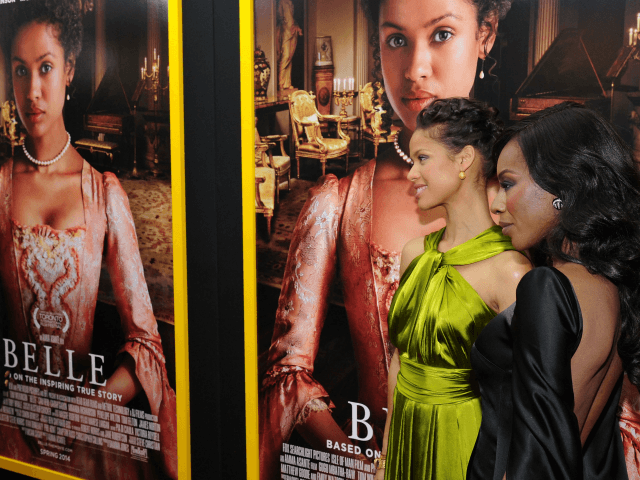Declaring an “urgent need for diversity”, Labour has announced plans that would make Britain the first country to force film production companies to fulfil gender and racial “equality” conditions.
“For far too long, the film and TV industries have been dominated by a small and unrepresentative segment of society,” asserted the shadow culture minister, Kevin Brennan.
Under plans drawn up by Labour, The Guardian reports that high-end tax relief — considered vital by the industry and worth hundreds of millions a year — will be dependent on a production’s makeup of non-white people and women in its cast and crew.
Speaking on Sunday, Brennan said the introduction of inclusion riders — contracts that stipulate certain conditions on film or television sets — “could put a rocket booster under the industry that pays lip service to diversity, but hasn’t always delivered”.
“It’s important we start an international conversation about the ways in which policy-makers can contribute to the urgent need for greater diversity,” he said.
British Horse Racing is ‘Too White’, Industry Told https://t.co/JQBIuxpvzh
— Breitbart London (@BreitbartLondon) February 22, 2018
“We will consult fully before bringing forward proposals but updating the film and high-end TV tax relief to require inclusion and diversity as part of the qualifying criteria would be a major step forward. The pace of change has been too slow so far. We need action now.”
Since 2014, the promotion of diversity in cinema has already been heavily incentivised, with the British Film Institute (BFI) requiring projects to demonstrate acceptability in two out of three “standards” including subject matter and the demographic make-up of a production’s cast and crew.
As a result, British cinema has become increasingly characterised by titles which promote left-wing themes and identity politics, such as Pride (2014) and Suffragette (2015), and productions like Victoria and Abdul (2017) which focus on ethnic minorities in UK history.
According to criteria set by the BFI, which is Britain’s largest public funding body for film, diversity in subject matter is defined as “identity relating to ethnicity or national origins, a specific focus on women, people with disabilities, sexual identity, age and people from a socially disadvantaged background … [and] where the film attaches value to those aspects or dimensions of self and/or community identity in relation to religion or beliefs”.
White Candidates Banned from Applying for Job at BBC, Where Ethnic Minorities Already Over-Represented https://t.co/EZ09LlB37r
— Breitbart London (@BreitbartLondon) November 22, 2017
After years of activism complaining that the media in Britain features too few black people — who make up around 3.5 per cent of the population — and other ethnic minorities, actor Lenny Henry last year blasted Ofcom’s new on-screen diversity targets as “fake”.
The television personality said the proportion of what he called “un-diverse” people working behind-the-scenes and in decision-making roles is “at crisis level”, describing it as the industry’s “dirty secret”.
“Diversity isn’t a luxury, it’s an essential,” he argued, highlighting Brexit and alleging that “racist attacks” are on the rise in Britain along with “self-reinforcing extreme world views” he said are held by increasing numbers of people including U.S. President Donald J. Trump.
Britain’s media must be made “fully diverse”, he told a panel of MPs last July, stating the issue is “a fight about who, and who isn’t, considered British, a fight about whose voices do and do not matter”.

COMMENTS
Please let us know if you're having issues with commenting.